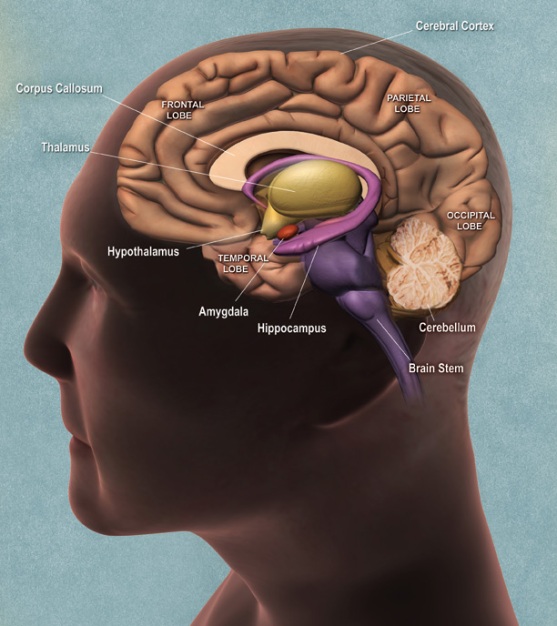Launching 1st March 2023. Also check out: https://www.thailandmedical.news/
The hypothalamus is a small but important part of the brain. It contains several small nuclei with a variety of functions. It plays an important role in the nervous system as well as in the endocrine system. It is linked to another small and vital gland called the pituitary gland.

The hypothalamus is located below the thalamus and right above the brain stem. It forms the anterior part of the diencephalon. All vertebrate brains contain a hypothalamus. In humans, it is roughly the size of an almond.
The hypothalamus is vital for living as it plays a very important role. It controls certain metabolic processes and other activities of the Autonomic Nervous System. It synthesizes and secretes neurohormones, often called hypothalamic-releasing hormones. These hypothalamic releasing hormones control and regulate the secretion of pituitary hormones.
Functions of the hypothalamus can be listed as:
The hypothalamus contains a large number of nuclei and fiber tracts. The cells in the two major nuclei secrete vasopressin (ADH, antidiuretic hormone), oxytocin, and CRH (corticotropin releasing hormone). The two major nuclei are the supraoptic and paraventricular nuclei.
ADH and oxytocin are then transported down the axons from cells in the supraoptic and paraventricular nuclei through the infundibulum to the neurohypophysis (posterior pituitary), where they are released into the blood stream. This pathway is termed the supraopticohypophysial tract.
Damage to the anterior hypothalamus blocks the production of ADH. This leads to a condition where the kidney fails to conserve water and the condition is called diabetes insipidus. CRH is released by the paraventricular nuclei and taken up by the portal system where it has action on the anterior lobe of the pituitary.
There are connections with the eye and the brain. The connections between the retina to the suprachiasmatic nucleus deals with the synchronization of the daily rhythms also known as circadian rhythms. Any lesion or disease of the hypothalamus thus affects the sleep-waking cycle.